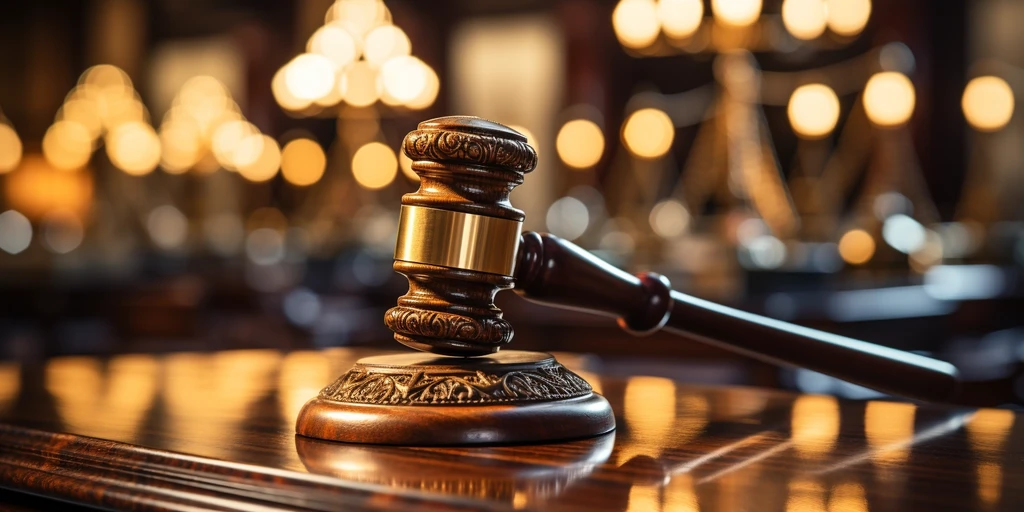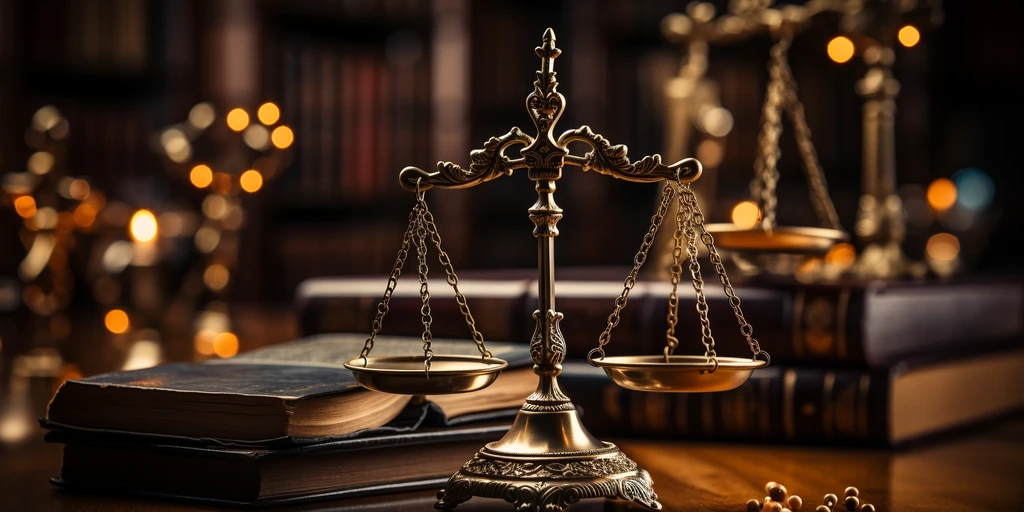In recent years, democratic systems around the world have been facing numerous challenges that threaten their stability and effectiveness. Three major issues—corruption, populism, and authoritarianism—stand out as significant obstacles to the continued flourishing of democracy.
Corruption: Eroding Trust in Institutions
Corruption has long been a pervasive problem in many democratic nations, undermining trust in political institutions and leaders. When public officials misuse their power for personal gain, it weakens the foundation of democracy by eroding citizens’ faith in the system. The consequences of corruption are far-reaching, leading to inefficiency in government, economic inequality, and decreased voter turnout due to disillusionment.
To address corruption, many countries are pushing for increased transparency, stronger enforcement of anti-corruption laws, and the implementation of checks and balances that limit the concentration of power.
Populism: Disrupting Political Norms
Populism, which appeals directly to the people by pitting them against perceived elites, has gained traction in democracies across the globe. While it can sometimes revitalize political engagement, populism often undermines democratic norms by promoting simplistic solutions to complex problems, disregarding established institutions, and threatening minority rights.
Populist leaders often challenge the independence of the judiciary and the media, leading to weakened accountability mechanisms that are essential in democratic governance. To counteract the negative effects of populism, democratic systems need to focus on civic education, emphasizing the importance of democratic values such as tolerance, inclusivity, and respect for the rule of law.

Authoritarianism: Threatening Democratic Principles
Authoritarian tendencies are rising, even in established democracies, where leaders consolidate power by weakening democratic institutions, restricting civil liberties, and suppressing political opposition. Authoritarianism erodes democracy by undermining free and fair elections, curtailing freedom of speech, and dismantling the separation of powers.
Countries that have faced creeping authoritarianism often witness a gradual erosion of democratic freedoms. In response, global organizations, civil societies, and democratic governments must advocate for the protection of civil liberties, uphold democratic standards, and strengthen the rule of law.
Safeguarding Democracy
Democracies must be vigilant and resilient in the face of these challenges. The best defense against corruption, populism, and authoritarianism is a well-informed and engaged citizenry, strong institutions, and a commitment to transparency, accountability, and the rule of law. Efforts to combat these issues should focus on promoting ethical leadership, empowering watchdog organizations, and ensuring that democratic values remain at the core of governance.
In conclusion, the threats posed by corruption, populism, and authoritarianism are serious, but not insurmountable. By addressing these challenges head-on, democracies can continue to evolve and thrive, ensuring a better future for all.

